The Benthic Ecology and Environmental Solutions team is dedicated to the study of benthic communities and their interactions on aquatic ecosystems, from the extensive seabed, including transitional systems, to other aquatic realms
We also focus on fomenting Nature-Based solutions to mitigate and adapt to climate change impacts, ensuring ecosystem sustainability and their services provision. Our research objectives include:
• Uncovering biodiversity patterns in aquatic benthic communities and analysing how they change over time and space, including the scale-dependent nature of these changes. This way, we aim to understand the underlying ecological drivers that impact biodiversity in aquatic ecosystems.
• Investigating the effects of global and local stressors on aquatic ecosystems, including their synergistic or non-synergistic interactions, by examining assemblages’ structural and functional changes. Along with new environmental conditions, different responses are expected depending on species tolerances and interactions. Such new diversity scenarios can substantially modify ecosystem-level aggregate functions such as energy fluxes or stability. Impacts from multiple interacting stressors cannot be predicted from knowledge of single stressors effects, which could underestimate forecasts.
• Developing tools to predict diversity scenarios and ecosystem responses to multiple and synergetic stressors like climate change, biological invasions and emergent contaminants exposure. We aim to integrate information from experimental studies on direct functional responses and vulnerability to environmental drivers and/or anthropogenic factors into different modeling approaches to improve forecasts on habitat/species vulnerability to inform aquatic systems conservation and management.
• Identify and apply environmental solutions that rely on the value of Nature, protecting and promoting natural resources for a sustainable future. We aim to explore different approaches for conservation and restoration, such as preserving habitat-forming species, constructing wetlands, creating green roofs, and other innovative solutions.
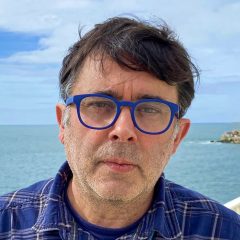
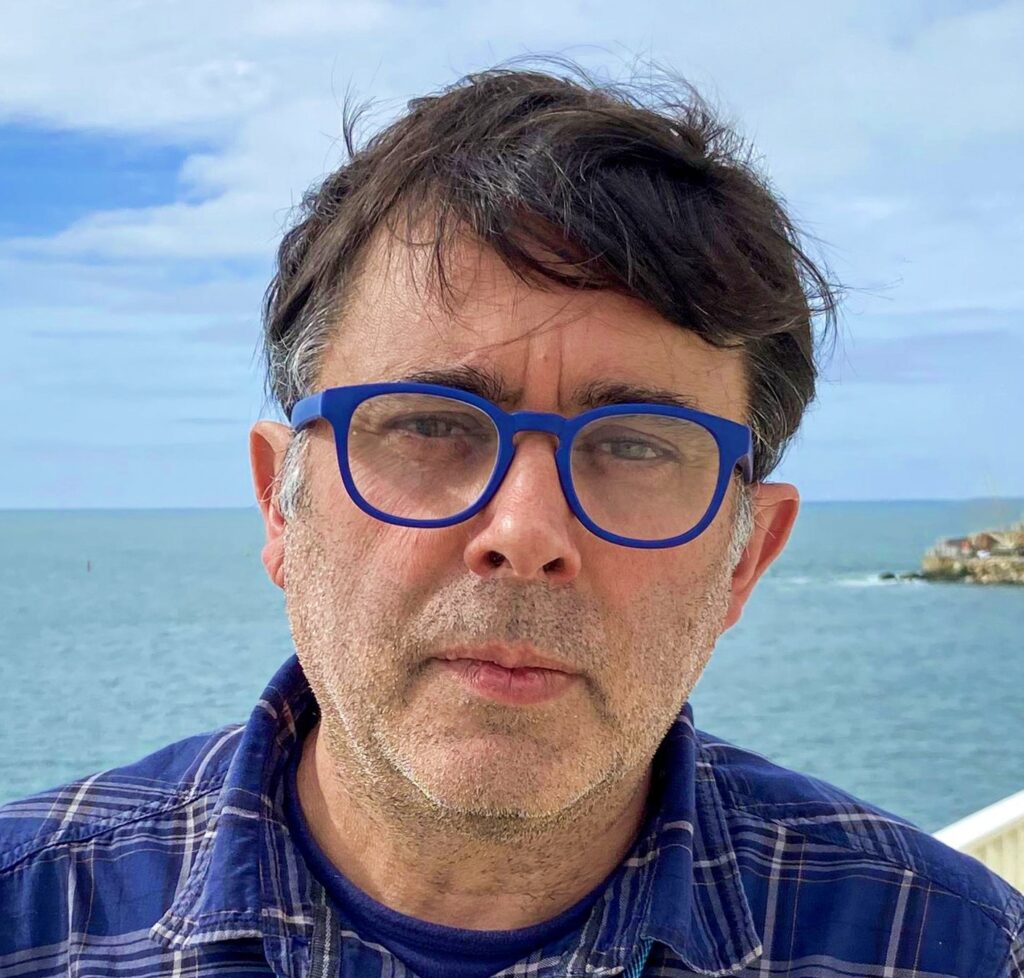
Proactive marine ecologist with more than 25 years of experience in the research coastal ecosystems. My research primarily involves experimental ecology and modeling tools to understand and predict the effects of global changes on coastal populations and ecosystems, from both structural and functional perspectives.
Keywords:
Marine Ecology, Coastal ecosystems, Climate change, Biodiversity, Ecosystem functioning, Marine Forests, Biological invasions, Phycology.
Head of the Benthic Ecology Team at CIIMAR since 2020.
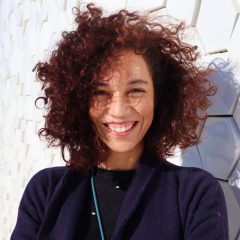
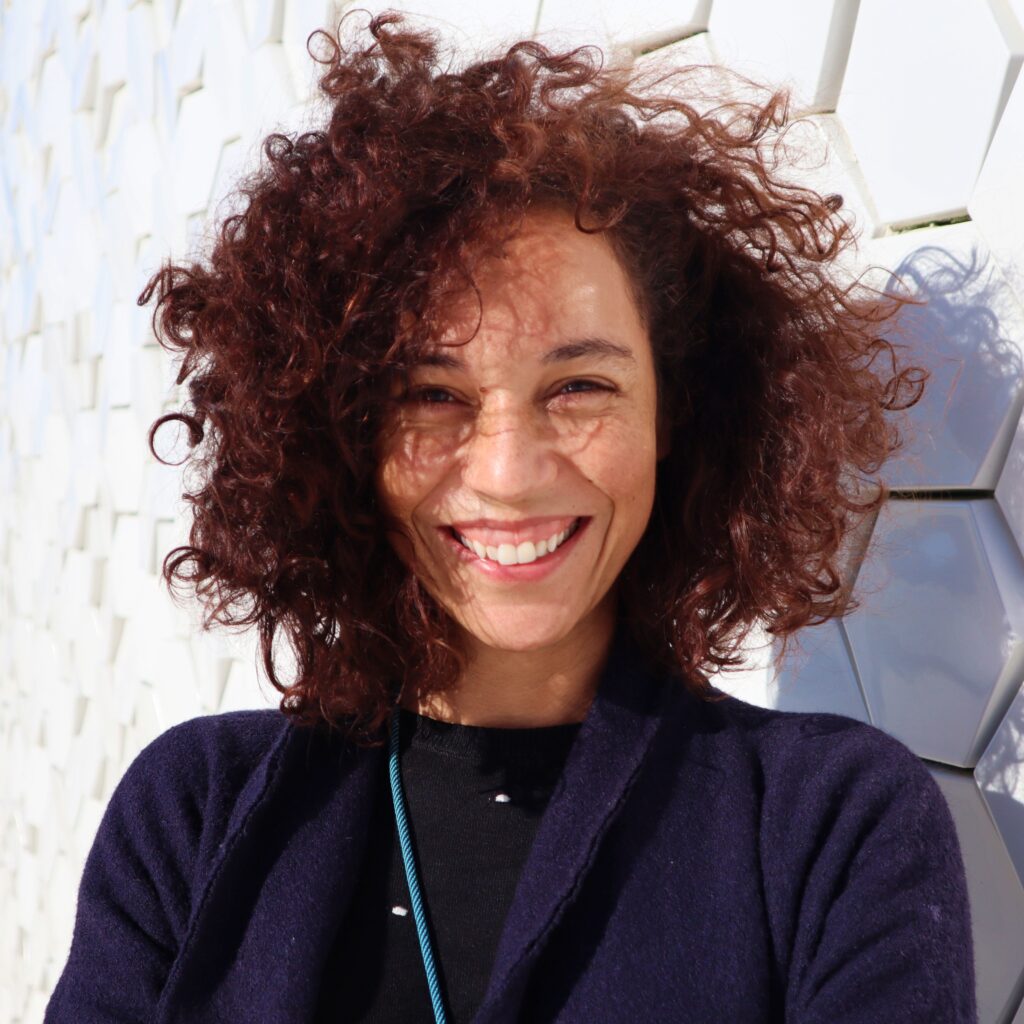
I am an Assistant Researcher at CIIMAR-UP, where I study the structure and functioning of marine ecosystems, considering natural, anthropogenic and climate change. My primary focus has been on benthic communities, including plants, invertebrates and fish, to understand the implications of altered diversity on ecosystem functioning. I am particularly interested in using this knowledge to contribute to decision-support frameworks for environmental management.
Currently, my research is directed towards exploring the importance of habitat-forming species as Nature-Based Solutions in mitigating and adapting to climate change. Additionally, I am actively involved in Ocean Literacy initiatives.
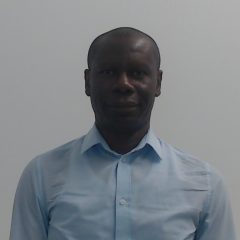
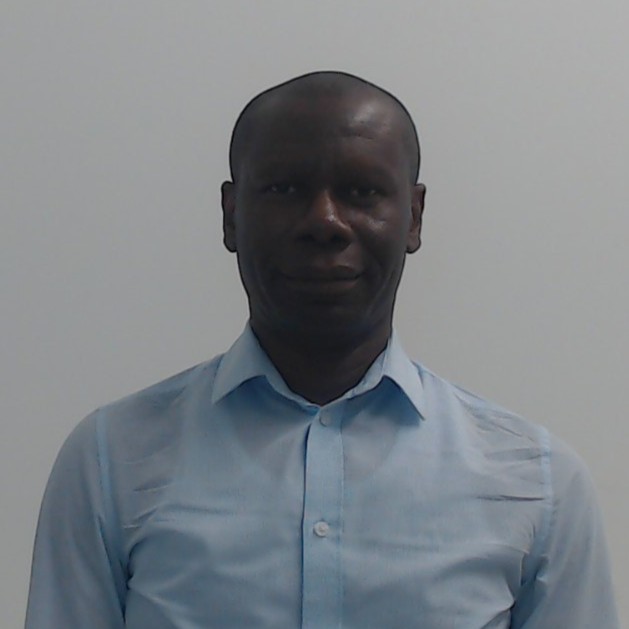
Ahmed Ali is a PhD student at CIIMAR, University of Porto, focusing on satellite-based macroalgae monitoring. He worked at CENTEC, Instituto Superior Técnico, improving forecast accuracy of Numerical Forecasting Models using LSTM models. He also contributed to developing Pakistan’s first CalVal facility for optical satellites at SUPARCO. Previously, at the University of Karachi, he automated renewable resource assessments using remote sensing and machine learning.
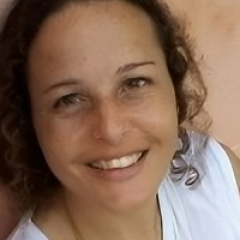
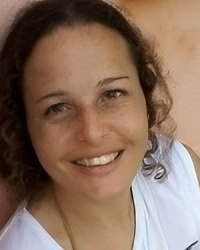
I began my undergraduate studies in Veterinary Medicine at Fundação FEJAL, where I interned in the clinical pathology laboratory of the faculty, focusing on health surveillance for the state service. However, it was in Conservation Medicine that I found my passion for the environmental field, which led me to pursue a degree in Biological Sciences at the Federal University of Alagoas. There, I participated in various extracurricular activities, including an internship in the phycology laboratory, serving as a teaching assistant in Cryptogam Biology, and working on the outreach project “Algae are not trash, they’re treasure,” which promoted awareness and literacy about the importance and numerous uses of algae in schools.
Currently, I am a master’s student in Aquatic Biological Resources at the University of Porto, participating in the BYTPlus program under the project “Are marine forest species changing their functioning with warming?” I intend to continue my academic career by pursuing a PhD in Ecology and Biotechnology.

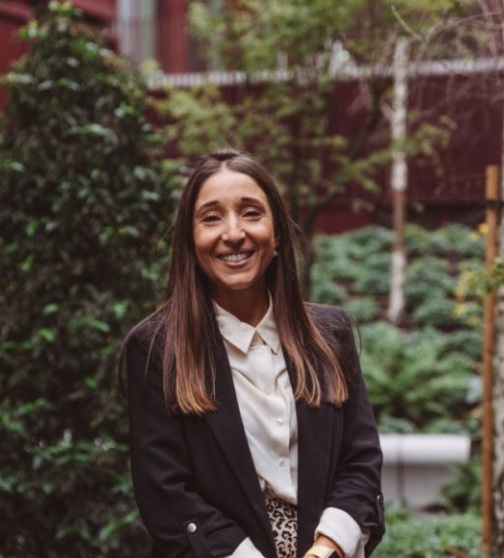
Ana Mesquita holds a master’s degree in landscape architecture from the University of Porto, having completed part of her academic journey in Copenhagen. She is currently developing her master’s thesis in environmental economics and management and has additional training in circular economy and sustainability reporting. As the managing partner of Wise Up, an environmental consultancy, she supports organizations in defining and implementing sustainability strategies, with a focus on circular economy, decarbonization and efficient resource management. She also leads Landlab, where she specializes in the design and implementation of nature-based solutions (NBS). She serves as a board member of the National Green Roofs Association (ANCV) and was part of the multidisciplinary team responsible for drafting the Portuguese technical guide for green roofs. Additionally, she has contributed to environmental and community development projects through volunteer work in São Tomé. Committed to knowledge dissemination, Ana is frequently invited to lead workshops, courses, and conferences and also serves as a trainer at the Order of Architects and the Order of Engineers.
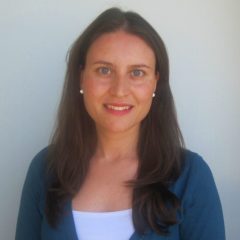
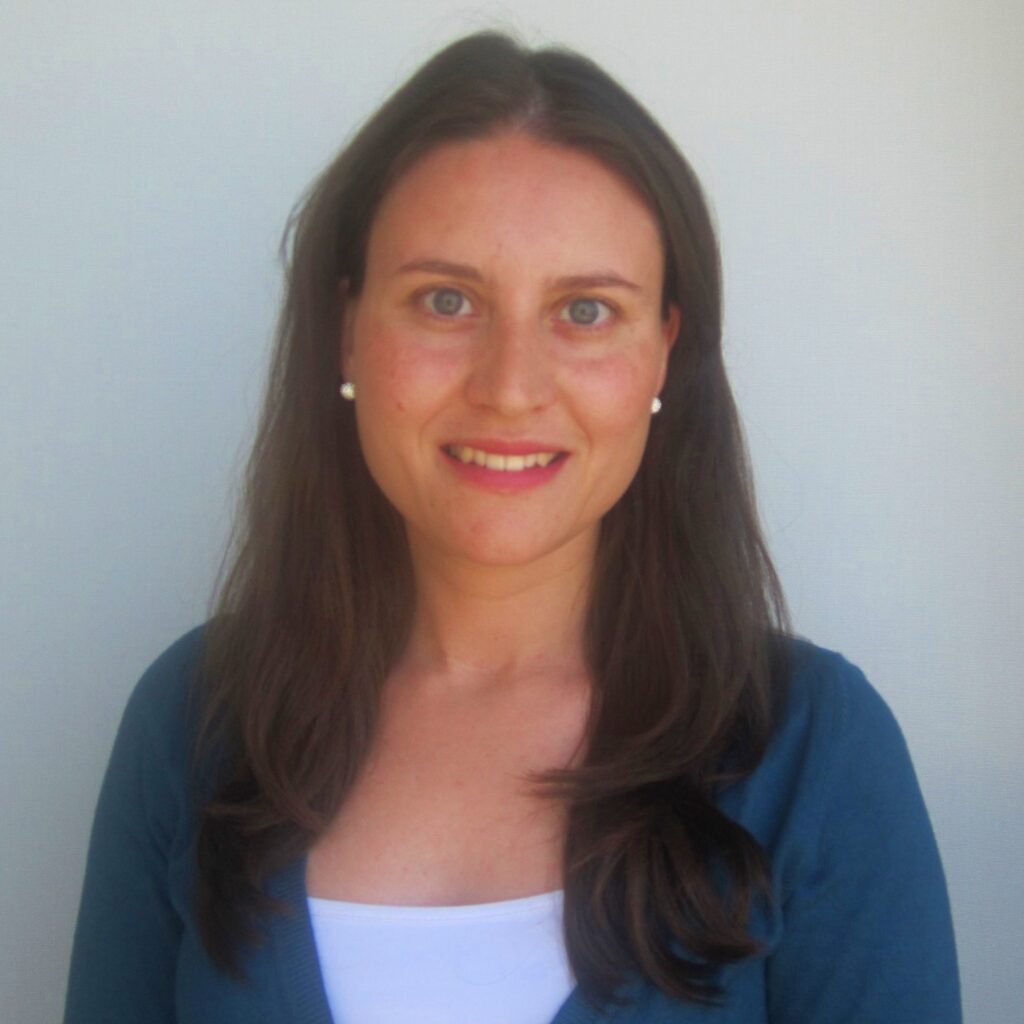
Cristina Calheiros is Environmental Engineer and holds a PhD in Biotechnology. She is researcher at CIIMAR, coordinator of CMIA Vila do Conde, Professor at University of Saint Joseph-Macau SAR/China and University of Porto, and European Climate Pact Ambassador. She is vice-president of ANCV-Portuguese National Association of Green Roofs and board member of APRH-Portuguese Association for Water Resources (north region). Her work focuses on the development of nature-based solutions towards sustainability of territories and as tools for climate change adaptation and mitigation, and promotion of ecosystem services. Also dedicates to management and valorization of water and solid waste, based on circular economy approach though phytotechnologies, phytoremediation, environmental education, integrative productive practices, tourism and rural development.
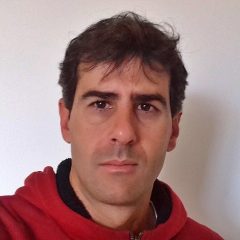
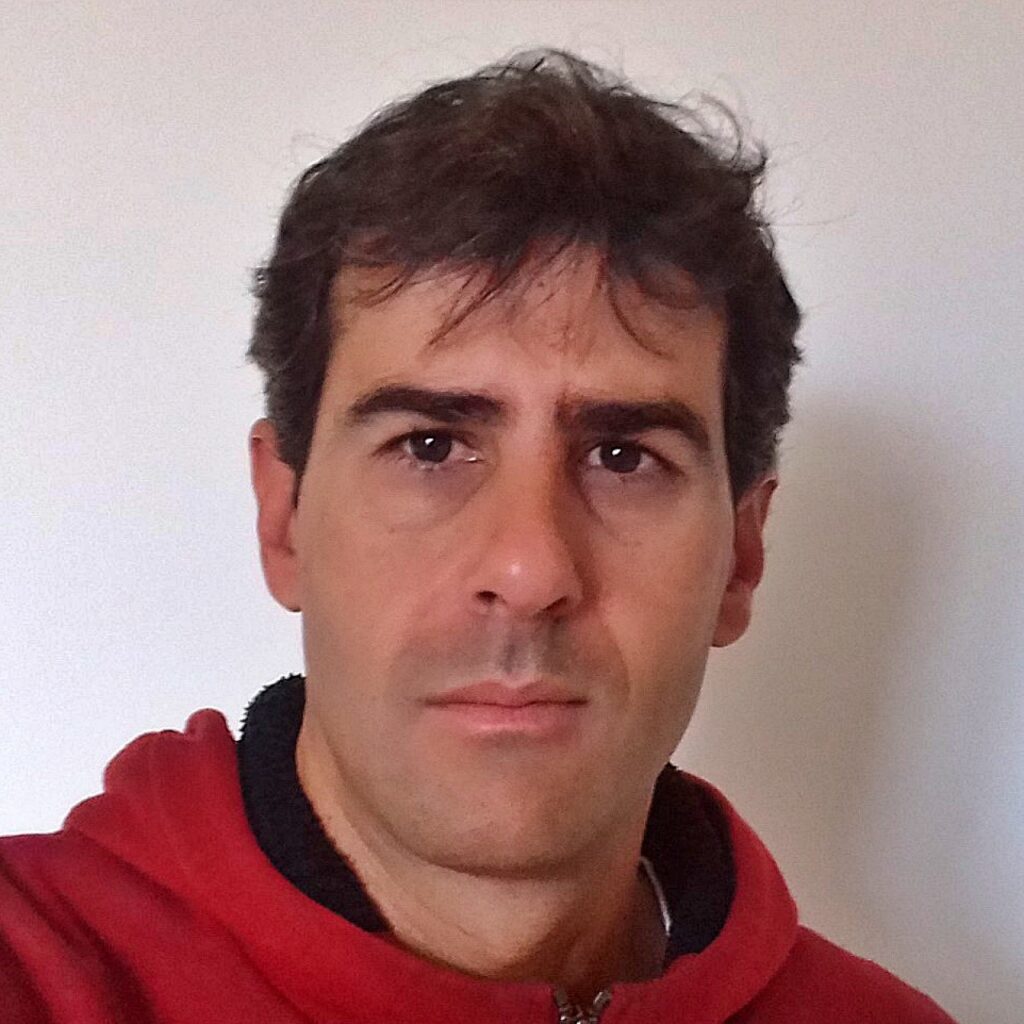
My research career has been largely focused on the fish aquaculture. My studies have paid special attention to issues related to nutritional conditions, assessing their potential effects on growth, health and stress of reared fish. In the last few years, I have executed projects related to Maritime Spatial Planning, small-scale fisheries and ecosystem services, thus achieving a 360º view on the marine sciences.
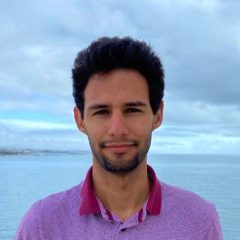
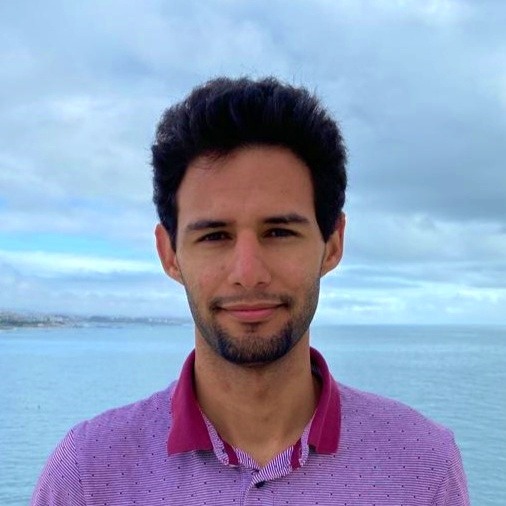
Harold Cantallo is a technician in the Benthic Ecology Team at COAST Project. He finished his bachelor’s in Aquatic Sciences in 2019 at ICBAS-UP and his master’s in Applied Marine Biology in 2021 at Universidade de Aveiro. His main research interest is macroinvertebrate taxonomy and climate change. Which includes evaluating the diversity of invertebrates associated with intertidal and subtidal benthic habitats. Alternatively on how climate change impacts these species and their interactions, with a particular interest in marine gastropods. In the COAST project classifies marine habitats around the island of Santo Antão and aims to assess their vulnerability.

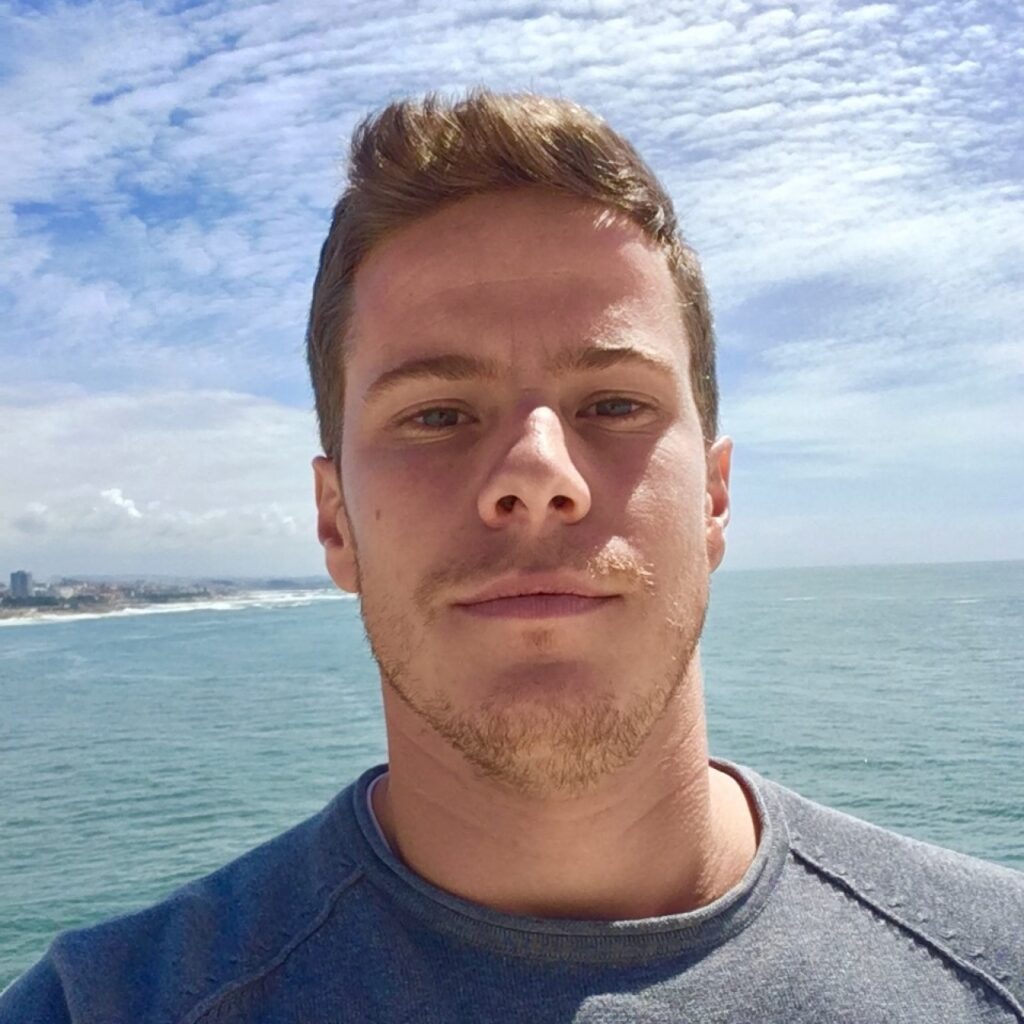
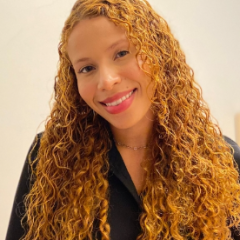
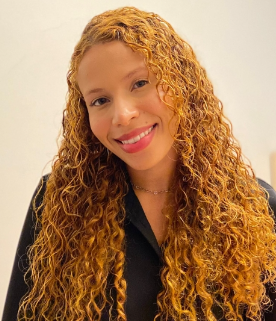
Graduated in Environmental Management from the Federal Rural University of Rio de Janeiro (UFRRJ), Brazil, and completed an Academic Mobility program at the Polytechnic Institute of Bragança (IPB), Portugal, in Environmental Engineering. Currently studying a Master’s degree in Environmental Technology at IPB. Specialized knowledge in Geoprocessing and Remote Sensing and Urban Planning, focusing on the mitigation of risks, disasters, and vulnerabilities in municipalities, with an emphasis on promoting urban resilience. She has worked in the areas of Geodiversity, Geoconservation, Geotourism, and Biodiversity Management, in addition to developing Environmental Education initiatives through volunteer work. Isabella Costa serves as the Executive Coordinator of a National Association – a non-profit Non-Governmental Organization (NGO), where she is responsible for the planning, supervision, and execution of European projects and national projects, managing teams and resources to ensure the efficient achievement of organizational goals. In this context, she has experience in strategic decision-making, results monitoring, budget management, and the development of strategic partnerships. Furthermore, she coordinates communication between departments, organizes events and training sessions, and represents the institution at both national and international levels, strengthening the mission and objectives of the organization.
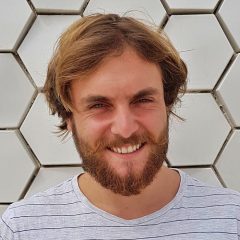
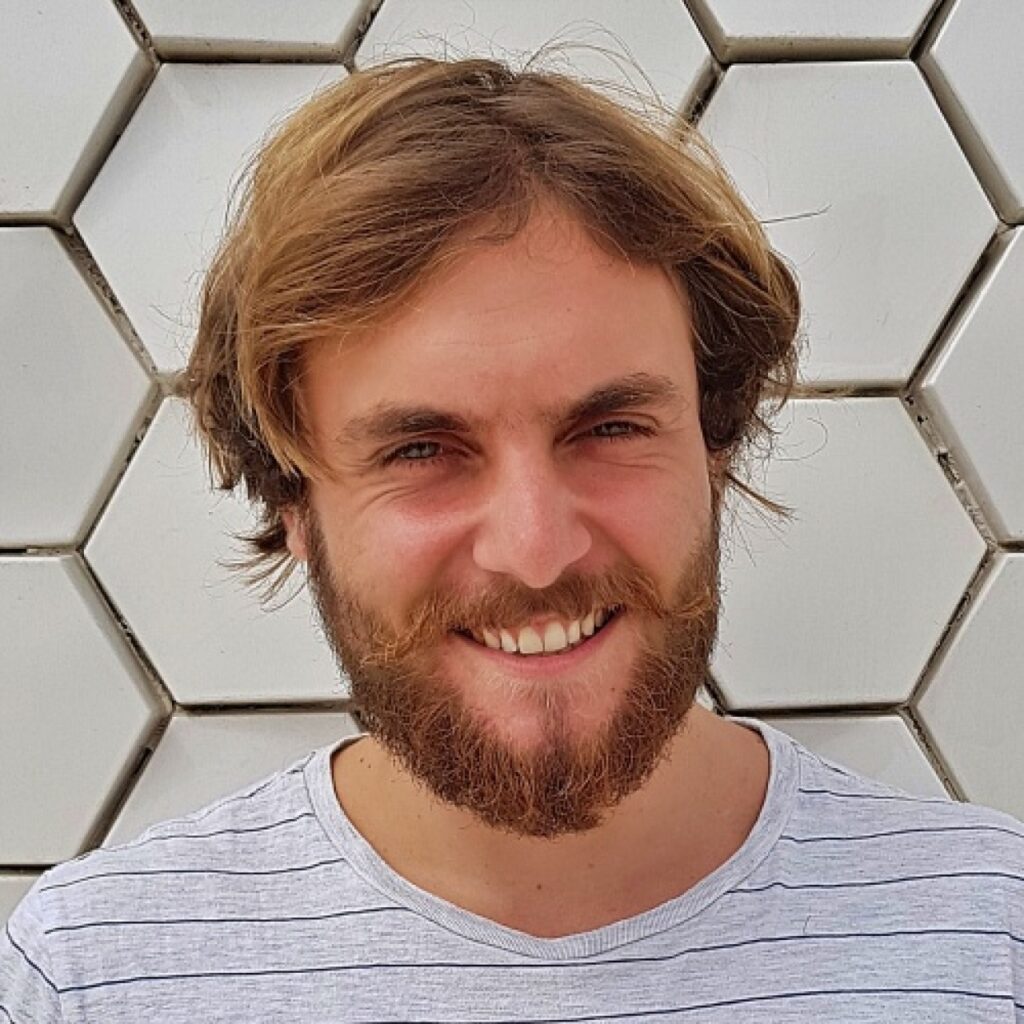
I hold a BSc in Biology (Santa Ursula University, Rio de Janeiro, Brazil, 2016) and the M.Sc. in Biological Aquatic Resources (University of Porto and CIIMAR, 2019). As a PhD student in biology, I study the impacts of tropicalization on habitat-forming seaweeds, as they are organisms of extreme importance for the development of biodiversity and are undergoing drastic changes with climate change. I’m part of the Benthic Ecology Team. My main interest is to understand marine ecological relationships within a climate change scenario and produce data that can help in the management and protection of these communities. As a scientific diver and diving instructor, I also work diving doing experiments in situ.

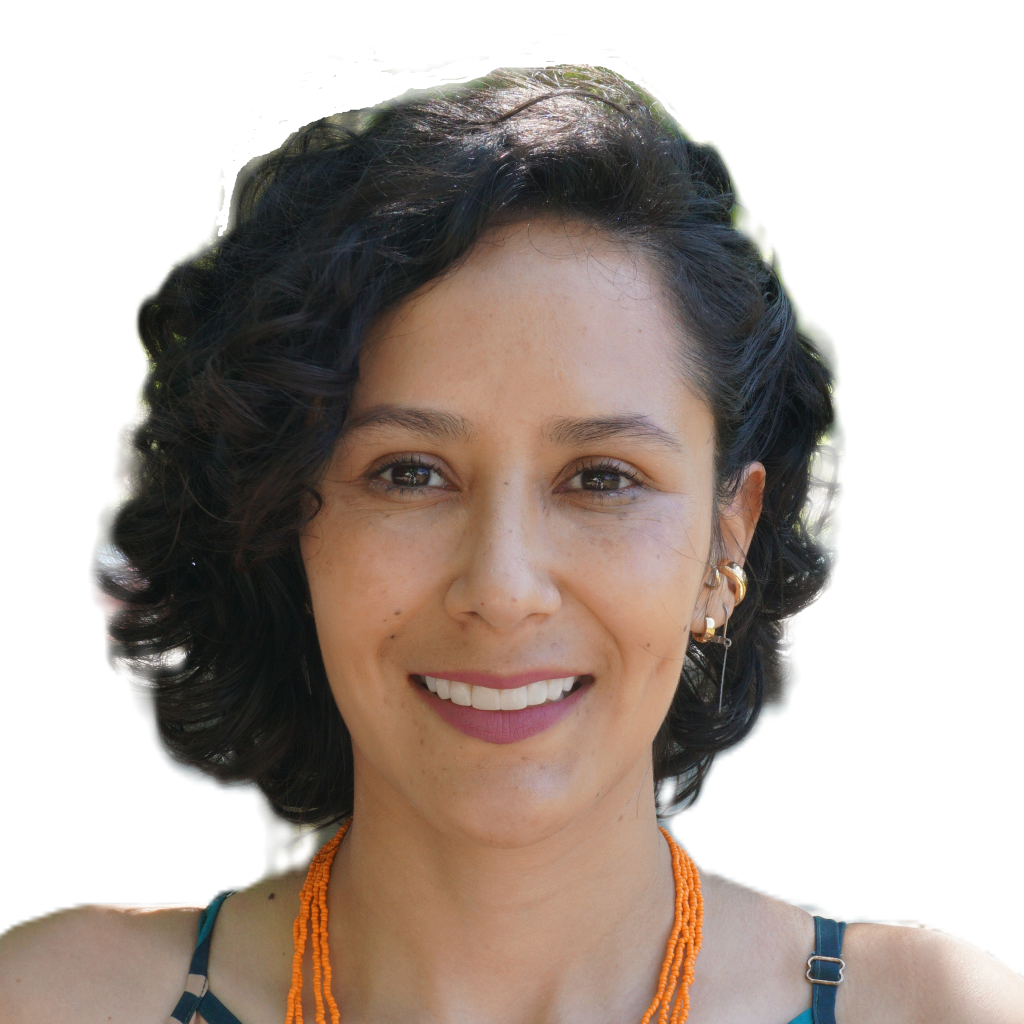
A geographer specialized in public policies with a focus on Human Rights and Culture, Paz is a PhD candidate in Marine Biotechnology and Aquaculture. She has experience in Python programming, remote sensing, satellite image processing, and mastery of the use of ArcGIS. The analytical approach she employs in her research is biogeographical, involving data analysis and processing. Additionally, she possesses knowledge and experience in climate change issues, data modeling associated with species distribution, climate alterations, and the design of programs aligned with the Sustainable Development Goals (SDGs) and Nature-Based Solutions (NBS).
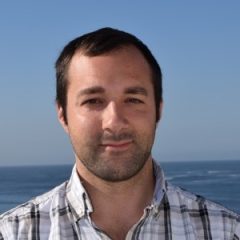
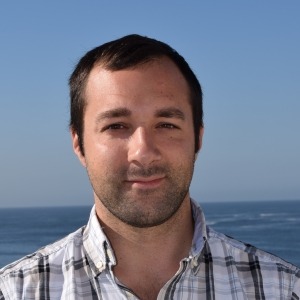
As a PhD student in biology I focus marine species physiological responses to thermal stress. By conducting trials that evaluate how the marine heat waves could affect intertidal communities, I try to detect different resilience between populations of the same species to cope with this events. With a degree electrotechnical and computer engineering, I develop tools that allow long term experiments with tides, water and atmosphere temperature control. My goal is to perform experiments that could help predict and macro-ecological consequences of local adaptation to climate change.


I am an Assistant Researcher at CIIMAR-UP, where I study the structure and functioning of marine ecosystems, considering natural, anthropogenic and climate change. My primary focus has been on benthic communities, including plants, invertebrates and fish, to understand the implications of altered diversity on ecosystem functioning. I am particularly interested in using this knowledge to contribute to decision-support frameworks for environmental management.
Currently, my research is directed towards exploring the importance of habitat-forming species as Nature-Based Solutions in mitigating and adapting to climate change. Additionally, I am actively involved in Ocean Literacy initiatives.
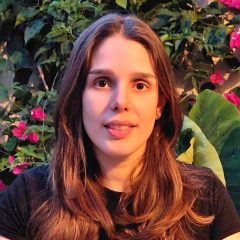
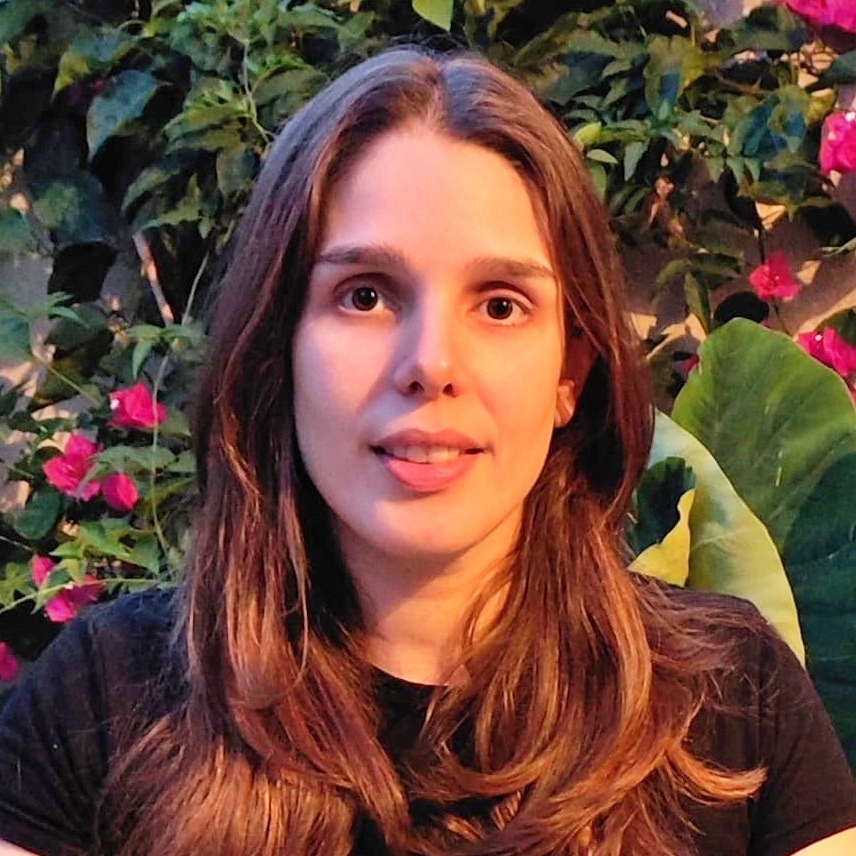
Marta Martins has an academic background in Marine Biology (Universidade do Algarve, 2013) and Marine Biodiversity and Conservation (Universidade do Algarve, 2015). She started working at CIIMAR in 2018 as a post-grad student and is currently a PhD student in BET group. Her main reseach interests include intertidal and shallow subtidal ecology, mainly macroalgae, how climate change will impact this environments and what we can do to help their conservation.
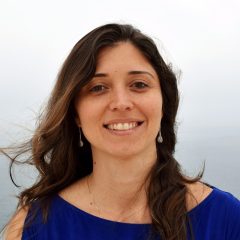
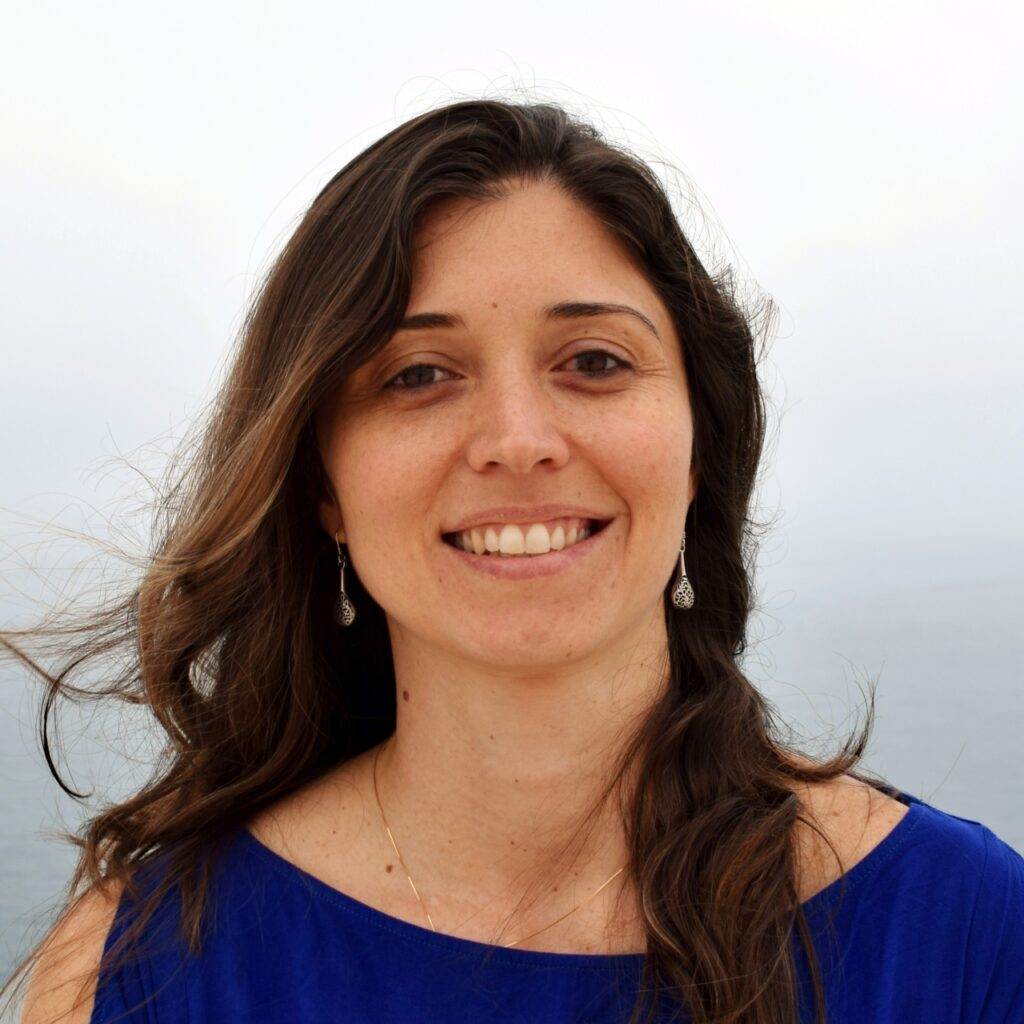
Martina Ilarri graduated in Biology in 2005 (UFF, Brazil), had her Master’s degree in 2008 (UFPB, Brazil) and PhD in 2012 from the Doctoral School in Marine and Environmental Science (University of Porto, Portugal). She is currently a Researcher at CIIMAR-UP, working on aquatic ecological studies. Her main research interests focus on studying the changes (taxonomical and functional diversity) associated with the introduction of invasive aquatic species at different ecological levels (populations, communities and ecosystems). In addition, she focuses on understanding changes in the functioning of aquatic communities due to the impacts of climate change and extreme weather events.

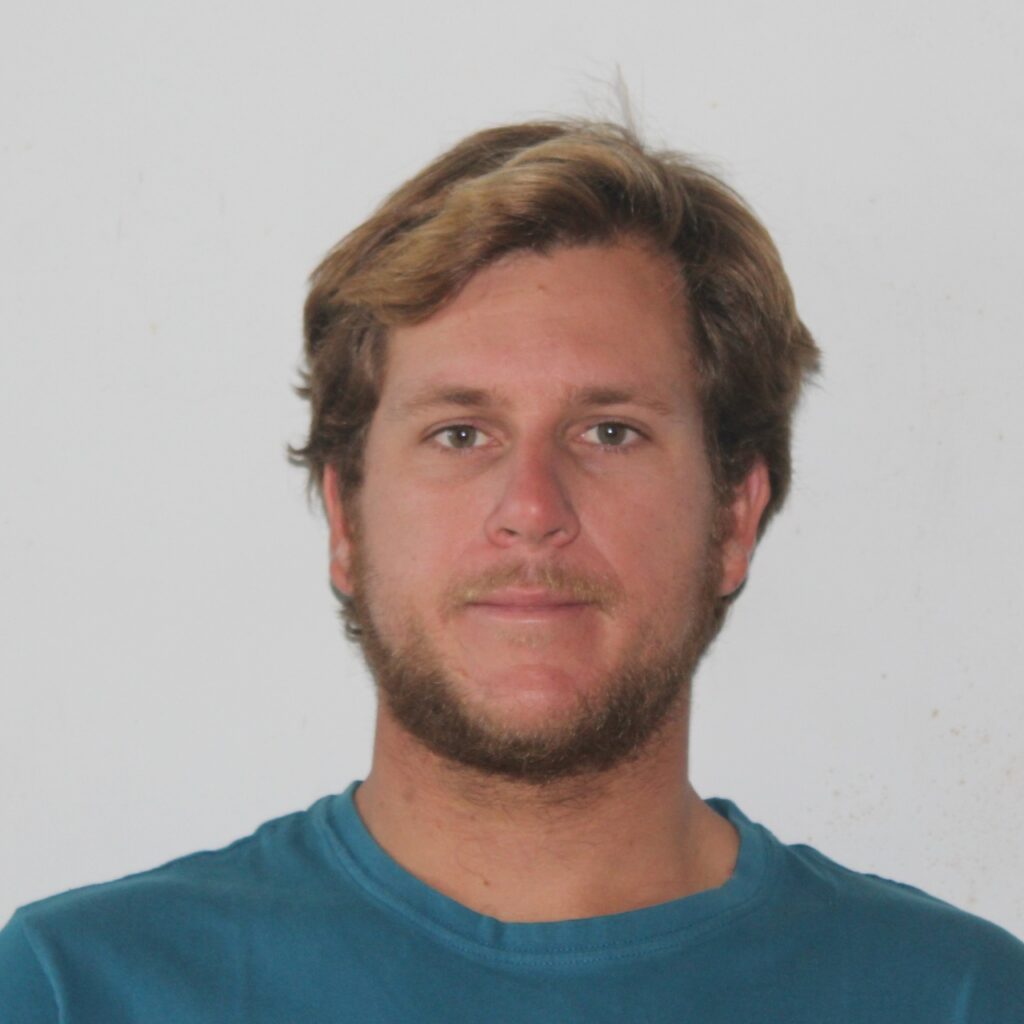
Óscar Babé Gómez obtained his degree in Marine Science from the University of Vigo in 2016. He is currently holding a research grant at CIIMAR and he is part of the Benthic Ecology Team. His main research interests focus on marine ecology and climate change. He is also a diver.
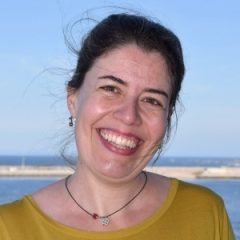
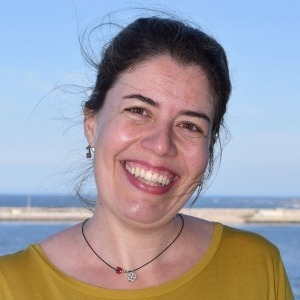
Patrícia Cardoso graduated in Biology in 1998 and concluded her PhD in 2005 in estuarine ecology. She specialized in long-term studies on benthic communities in response to multiple stressors; biodiversity and ecosystem functioning. Since 2015, as Senior Researcher at CIIMAR her main scientific interests are the study of the combined effects of climate change and emergent contaminants (e.g. steroid hormones, PFAS) on the structure and functioning of coastal ecosystems. She is the author of more than 65 publications in international peer-review journals (h index = 29, > 3400 citations) and is author/co-author of 7 book chapters.
She is Guest Editor of the Special Issue of Toxics (http://www.mdpi.com/journal/toxics): “Toxic Effects of Persistent Endocrine Disrupters in Coastal Ecosystems”.
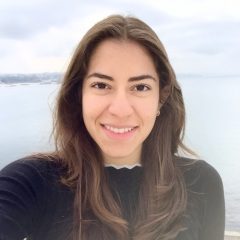
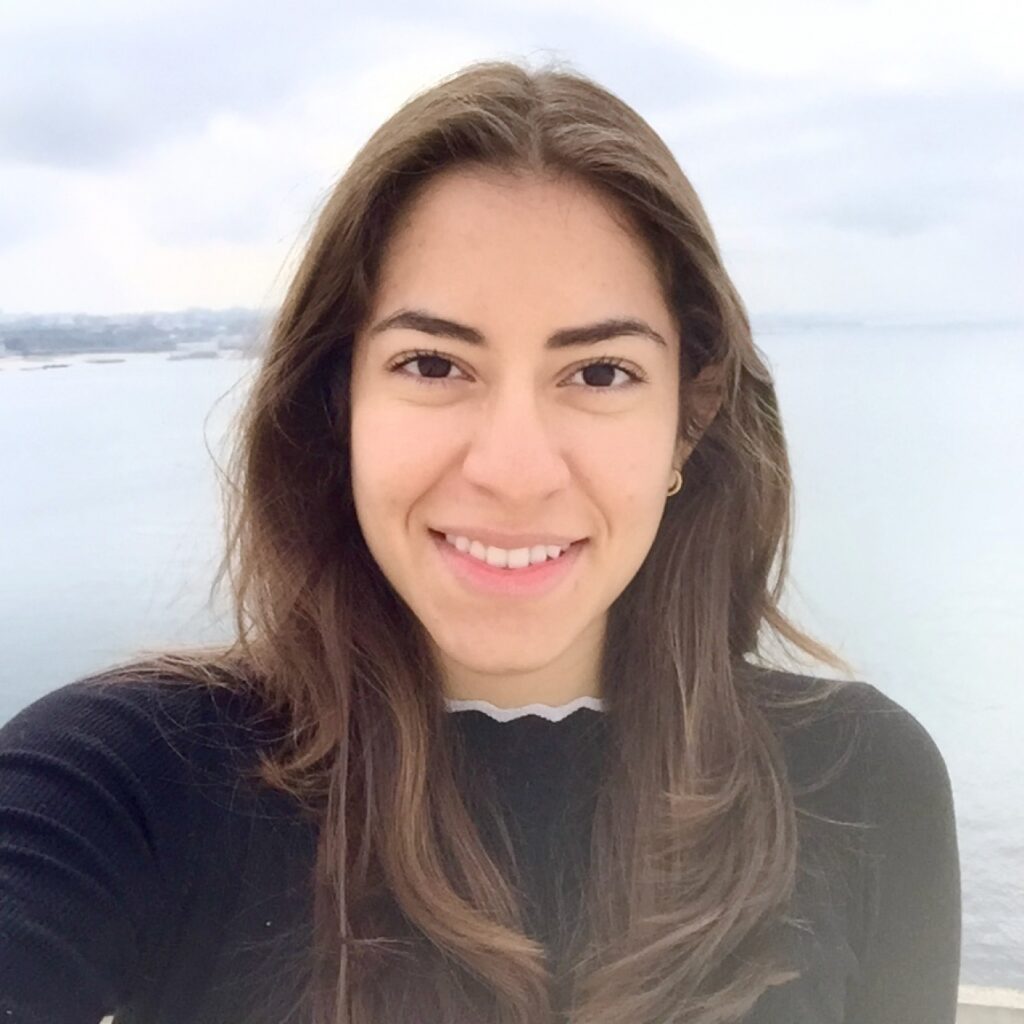
With a Bachelor’s degree in Animal Ecology and Evolution, Sofía Hernández finished her Master's degree from the University of Montpellier (France) in 2020 with a speciality in Marine Biology, Conservation and Aquaculture.
Over the course of her Master's studies, she was affiliated twice with CIIMAR: first, at the LANUCE laboratory (http://lanuce.ciimar.up.pt/projects) under the supervision of prof. Luisa Valente, working on fish meal optimisation under the context of Circular economy; and then with the ECOBIOTEC laboratory, under the supervision of Dr. Sandra Ramos and Prof. Claire Beatrix Paris from the Rosenstiel School of Marine and Atmospheric Sciences in Miami (https://physical-biological-interactions.earth.miami.edu/index.html), studying larval population connectivity in the Iberian Peninsula.
With an ambivalent profile between Aquaculture and Marine Ecology, her expertise ranges from shark tagging (at the Movement Ecology research team at BIOPOLIS-CIBIO) to marine biodiversity evaluation (Coastal Biodiversity Laboratory – CIIMAR), while covering aquariology (Planet Ocean Montpellier) and coastal bio-remediation (BlueForesting & FutureMARES EU projects).
Currently, she’s a PhD student at the Benthic Ecology Laboratory, under the supervision of Dr. Francisco Arenas (CIIMAR) and Dr. Fernando Lima (BIOPOLIS-CIBIO). Here, her work focuses on assessing the vulnerability and potential adaptive capacity of marine forest habitats (e.g. kelp forests) to extreme thermal events (i.e. Marine Heatwaves).
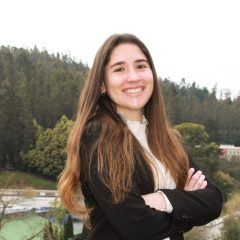
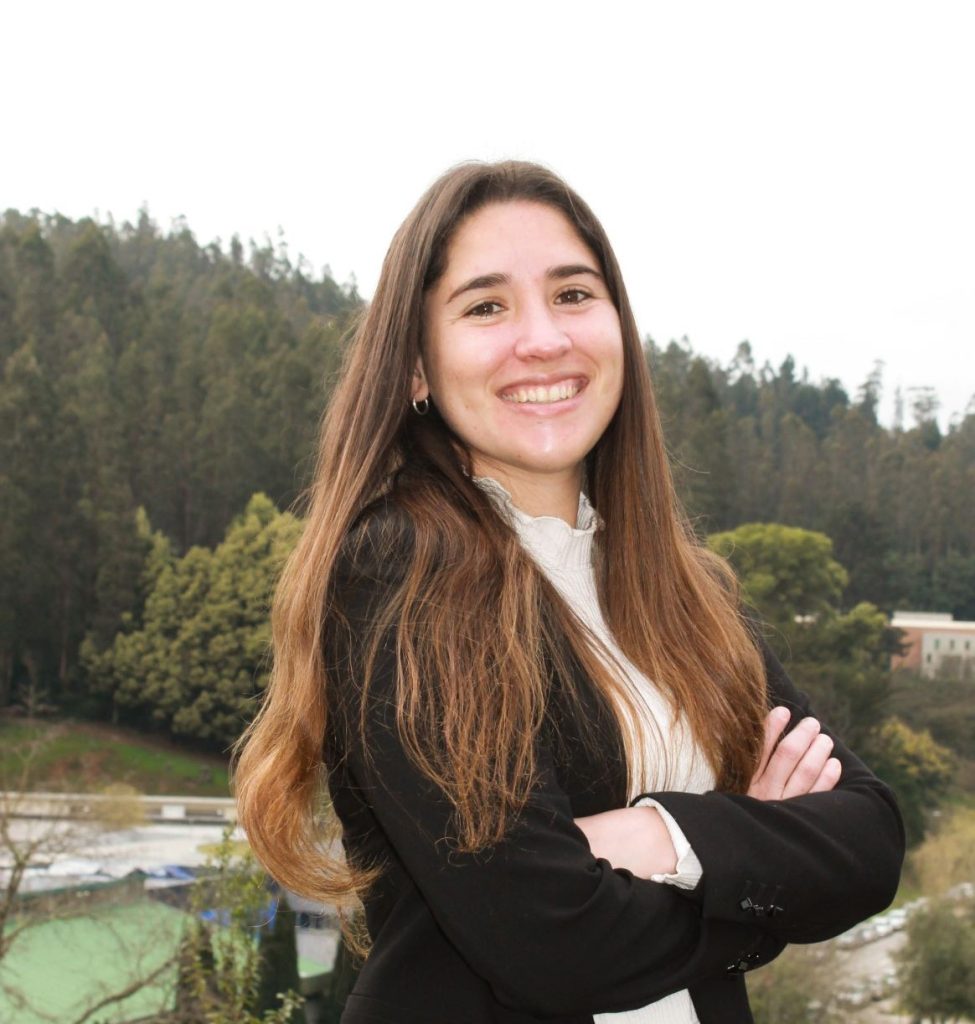
I am Valentina Carrillo Libano Chilean, Environmental Civil Engineer (UCN, 2016) and PhD in Environmental Sciences, mention in Continental Aquatic Systems from the University of Concepcion (UDEC). I did a postdoc at the Environmental Engineering and Biotechnology Group GIBA-UDEC with the CRHIAM Postdoctoral Fellowship on “Phosphorus bioavailability of struvite from sewage treatment as fertilizer in agricultural crops”. In 2025 I obtained the Postdoctoral Fellowship Abroad (Chile Fellowships) at CIIMAR Center to work with Cristina Calheiros on nature-based technologies for water treatment and resource recovery.
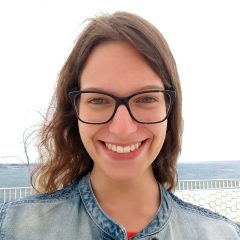
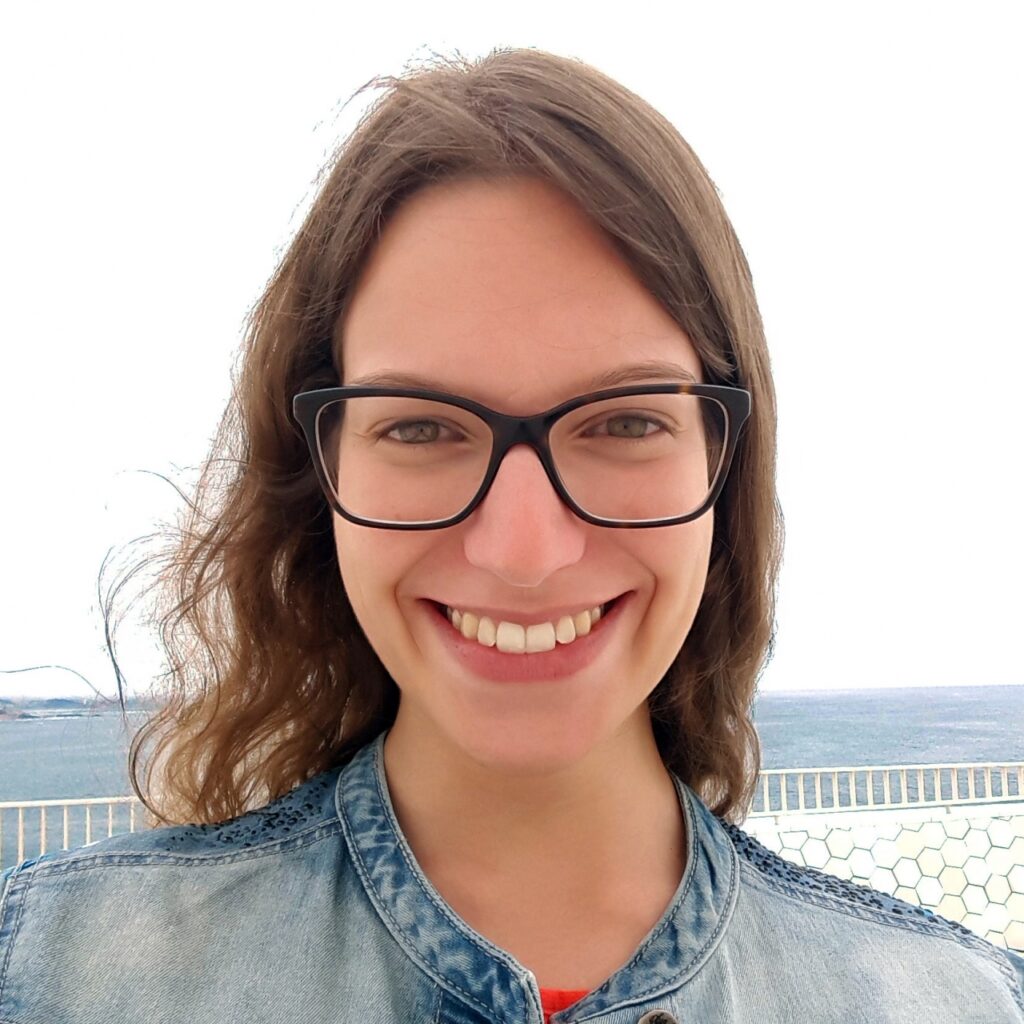
Vânia Amorim graduated in Biology at University of Coimbra in 2015 and received his master degree in Biology and Water Quality Management in 2019 at University of Porto.
Since 2022 she is a FCT student and her area of study is biological sciences with focus on climate change and toxicology and its effects on aquatic organisms. In her project, she studies the levels of these compounds in wastewater and rivers and their effects on different trophic levels.
J. de Azevedo, J.N. Franco, C.G. Vale, M.F.L. Lemos, F. Arenas.
2023Scientific Reports , 13 (1), 11720.C.G. Vale, F. Arenas, R. Barreiro, C. Piñeiro‐Corbeira.
2021Diversity and Distributions, 27 (9), 1696-1705.M. Ilarri, A.T. Souza, E. Dias, C. Antunes.
2022Science of The Total Environment, 827, 154190.D.Y. Koseoglu-Imer, H.V. Oral, C.S.C. Calheiros, P. Krzeminski, S. Güçlü, S. A. Almeida, J. Surmacz-Górska, E. Plaza, P. Samaras, P. M. Binder, E.D. van Hullebusch, A. Devolli.
2023Journal of Environmental Management, 345, 118627.M. Dolbeth, D.A. Costa, M. Meyer, J.A. Gonçalves, A. Bio.
2023Remote Sensing, 15 (16), 4086.M. Dolbeth, O. Babe, D.A. Costa, A.P. Mucha, P.G. Cardoso, F. Arenas.
2021Scientific Reports, 11 (1), 11422.H. Morais, F. Arenas, C. Cruzeiro, S. Galante-Oliveira, P.G. Cardoso.
2023Marine Pollution Bulletin, 190, 114841.Website by: Glitz Design